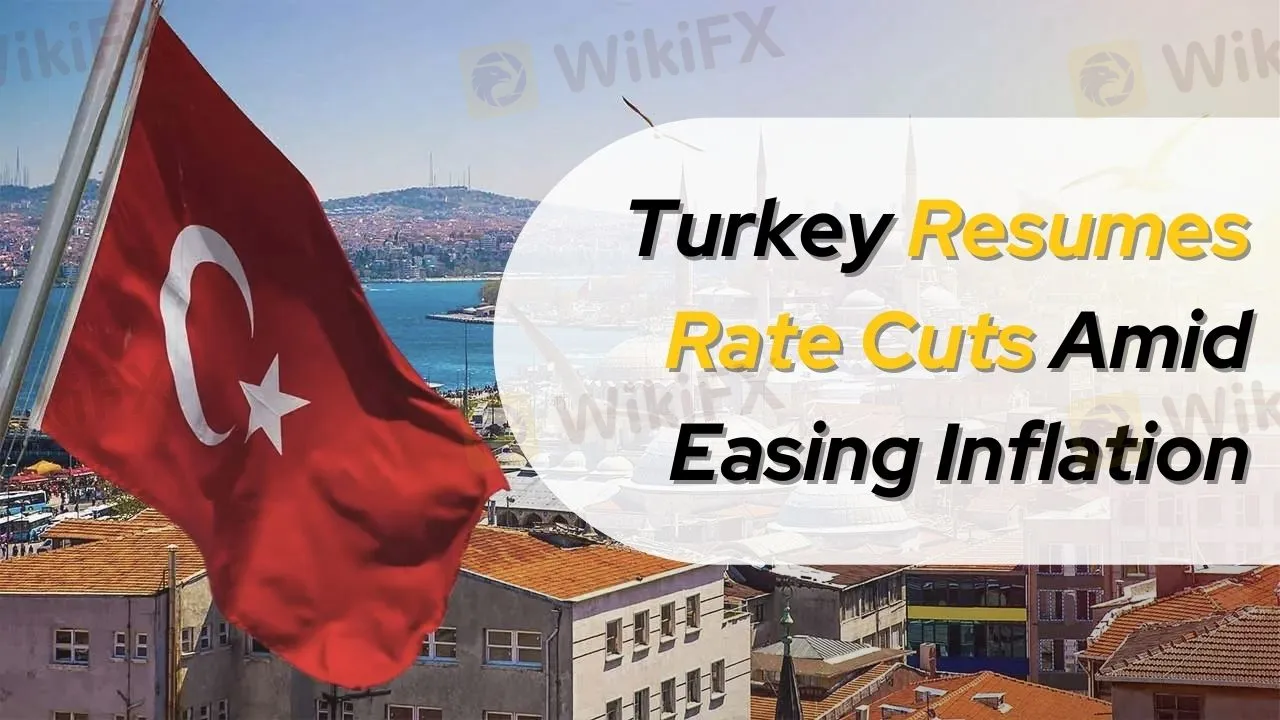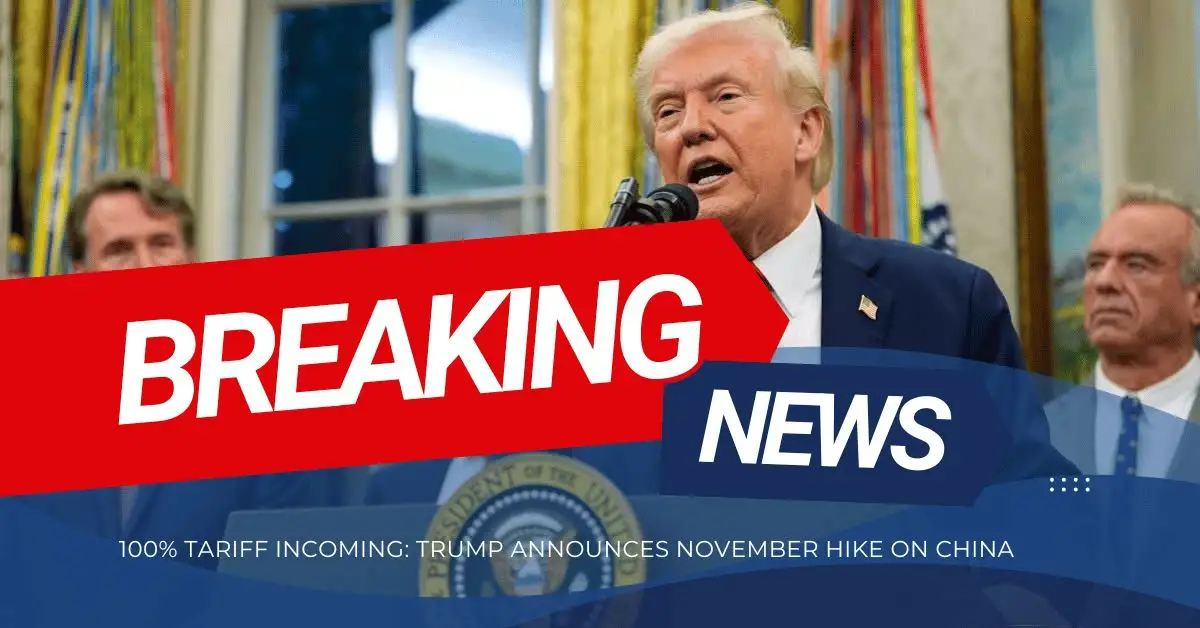Abstract:Turkey’s inflation has eased, prompting the central bank to resume interest rate cuts. Striking a balance between economic recovery and inflation control has become a critical focus. However, significant challenges lie ahead, as Turkey continues to navigate complex economic conditions.

In December 2024, Turkey‘s annual inflation rate dropped from 47.1% in November to 44.4%, with monthly inflation significantly declining from 2.24% to 1.03%. While inflation remains high, the downward trend has opened opportunities for policy adjustments. On December 26, the Turkish central bank announced a 250-basis-point rate cut, lowering the benchmark one-week repo rate from 50% to 47.5%. This marks Turkey’s first rate cut in nearly two years, aimed at reducing financing costs and stimulating economic activity. Although the central bank maintained a cautious tone, stating that future easing may not continue at the same pace, markets widely expect this move to signal the start of a series of rate cuts.
Policy and Economic Outlook for 2025
Turkish President Recep Tayyip Erdoğan has stated unequivocally that interest rates will “definitely” be further reduced in 2025. This reflects his continued support for loose monetary policies as a tool for promoting economic growth. Market analysts predict that the Turkish central bank may continue to cut rates in upcoming policy meetings, with potential reductions of 250 basis points per session. However, further declines in inflation will be a critical prerequisite for such policy adjustments. Recent government fiscal measures, such as a 30% increase in the minimum wage, could influence consumer demand and overall price levels, though their impact remains to be seen.
Economic Challenges Facing Turkey
Despite the easing of inflation, Turkey‘s economy continues to face significant challenges. High inflation has severely impacted the quality of life for ordinary citizens, with real purchasing power declining sharply. Additionally, the persistent depreciation of the Turkish lira has kept import prices high, exacerbating inflationary pressures. In the third quarter of 2024, Turkey’s economy entered a technical recession, with high interest rates and financing costs suppressing corporate investment and economic vitality. Furthermore, global economic slowdowns and geopolitical uncertainties have added to Turkeys external pressures.
At the same time, policy uncertainty remains a major concern. Frequent policy shifts and presidential interference in monetary policy have raised doubts about the central banks independence, heightening the risk of capital outflows. These challenges underline the complexity of balancing economic recovery and inflation control while ensuring long-term economic stability.








